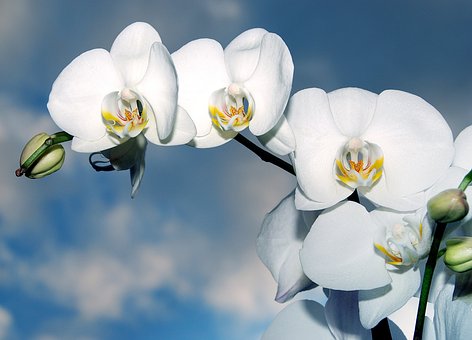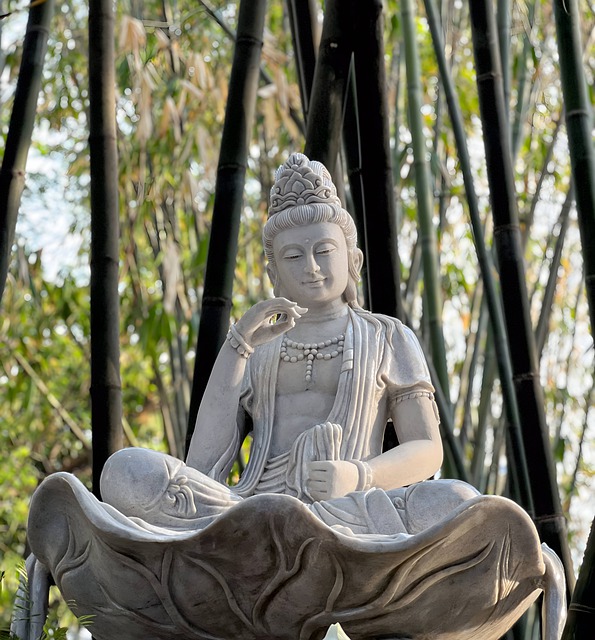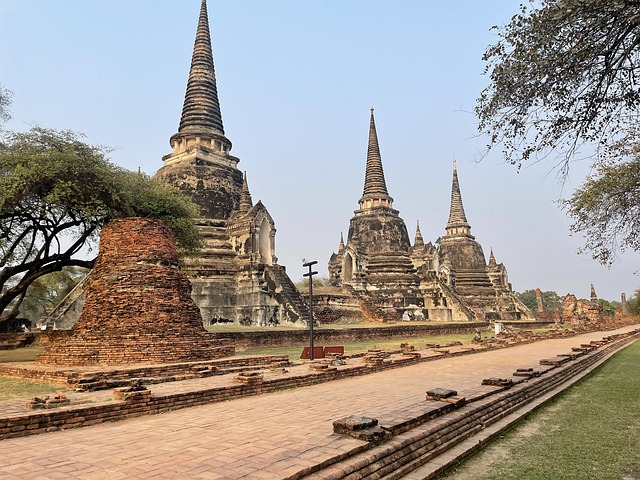According to the dharma, the methods a practitioner and a commoner use to address a problem are different. However, our dharma study tends to have only literal comprehension without putting it into practice, thus we only have accumulated merit of listening to the dharma and lack actual effect of the dharma. When facing layers of grave pressure of life, we act similarly to non-Buddhists. Therefore, we need progress and develop in this respect.
~Depicted from LUMINOUS WISDOM BOOK SERIES











